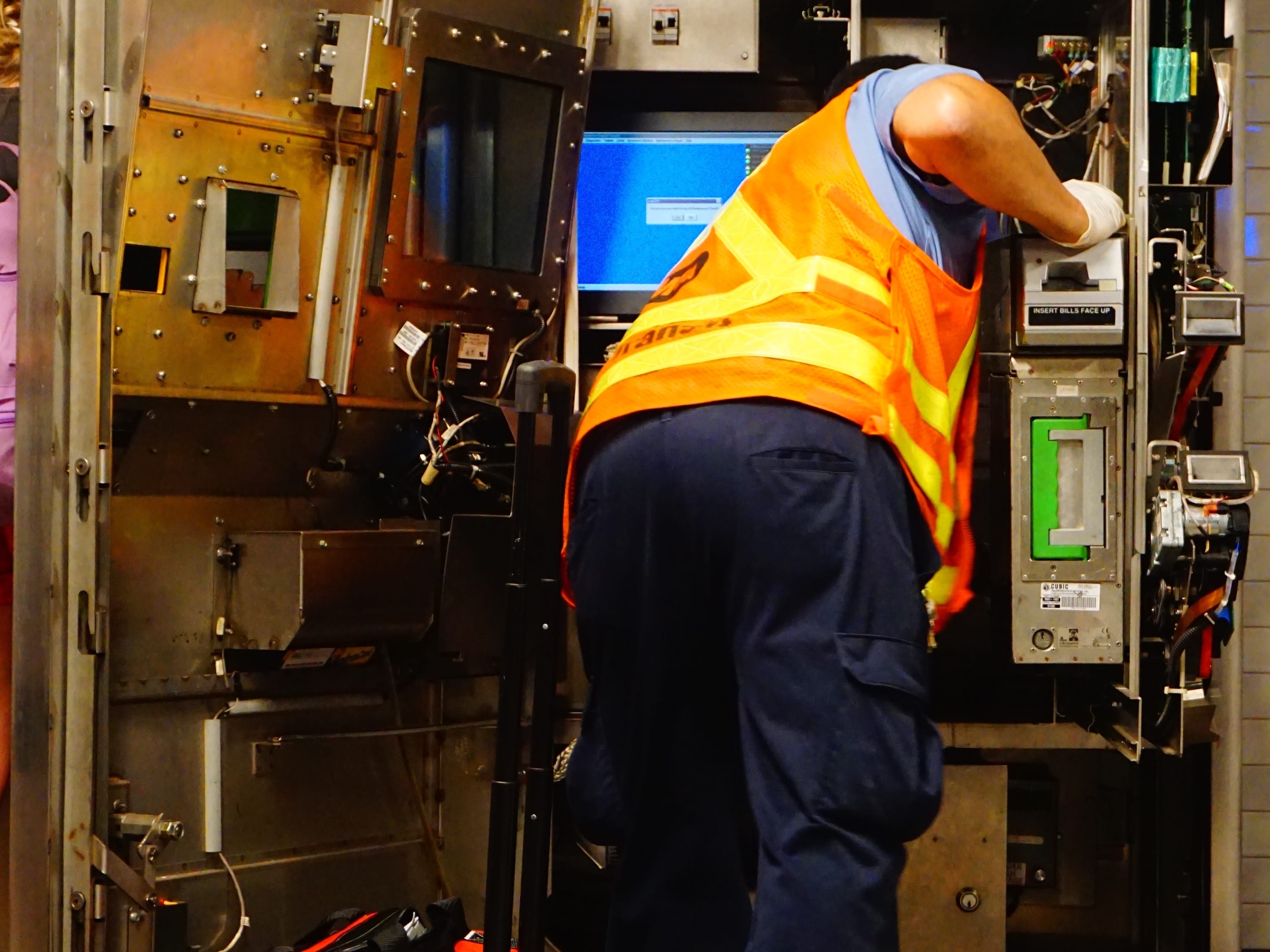So, you’re eager to onboard a new technician to your service team. All of the lucky candidates meet the prerequisite qualifications, but none have worked alone in the field before. They are bright, knowledgeable, and experienced in repair, but they’ve all been on-site technicians for their entire careers. No problem, you think. They just need to be given a work truck, laptop, smartphone, and a little bit of coaching, and they’ll be fine.
Not so fast.
Rare is the technician who can transition from shop tech to field tech without extensive coaching—and possibly even some mentoring. Unless you want to be shopping for new techs to replace the ones who crashed and burned after six months of “a little bit of coaching” and a lot of floundering, consider a few things first.
Wanted: Independent Workers With Strong Organizational Skills
Whether or not your new hires have worked previously in the service and repair industry, they’ll need to develop new organizational skills. Modern field service technicians wear many hats: inventory control specialists, organizational wizards with a knack for accurate invoicing and reporting, customer service resolvers, and even part-time mechanics for their work vehicles. All of those responsibilities compound the pressure of fixing and maintaining the equipment that they were hired to service.
Technicians who have worked in a shop environment may have developed habits to stay organized and maintain personal inventories, laptops, and vehicles. But when you add the stress of negotiating new response times and traffic jams to their days, it is easy to neglect something like their trunk inventories, especially since they don’t have to worry about other techs complaining that a shelf wasn’t stocked like it was supposed to be.
Monitor ‘Free Time’—But Not too Closely
Once new hires start to get comfortable with all of the stresses and responsibilities of field service, they’ll likely find that some days they can get everything done and still have time to kill. In the office or shop environment this meant chatting with coworkers, surfing the web, or watching the clock slowly tick by. Newbie field service techs discover a whole new world of possibilities. Long lunches, personal errand-running, shopping, and going home early are among the favorite time-killers that make field service a desirable position.
When novice techs experience the freedom of field service, there’s a huge temptation to abuse it. Imbedded vehicle GPS and smartphone tracking have given managers tools to combat the abuse, but creative techs with bad habits still find ways to get out of work when they shouldn’t.
SEE ALSO: Manager or Micromanager? Adopt New Technology Without Destroying Morale
A wise manager will use slow service times as a carrot to reward performance, rather than relying on the stick of GPS tracking.
Don’t Forget Your Techs’ Social Needs
Perhaps the most challenging transition for new field techs is the lack of interaction with coworkers. Humans are social creatures who naturally bond with the people they interact with the most. They also need someone to vent to during stressful times and when management does something they deem undesirable. Don’t let the ears they vent to belong to your customers.
With today’s lean and mean service team model, it’s more difficult than ever to make time for service teams to spend time together, but that’s exactly what rookies need. If there’s little to no interaction other than phone calls, chances are that venting will happen where it shouldn’t, unhealthy relationships will take place between techs and customers, and your customers will end up knowing much more than they should about your business.
Stay tuned for my next post, where we’ll explore strategies for service managers to guide new technicians into productive, well-adjusted field service techs—plus ideas for those more seasoned techs on your team who didn’t receive proper training and have developed bad habits.


Share this: